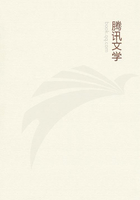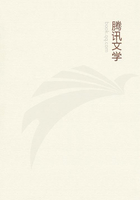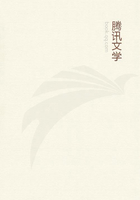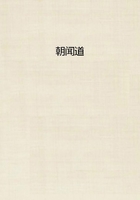He delivered his sentiments on blood-letting with sagacity, as an experienced physician; yet he was unable, as may be imagined, to moderate the desire for bleeding shown by the ignorant monks.He was averse to draw blood from the veins of patients under fourteen years of age; but counteracted inflammatory excitement in them by cupping, and endeavoured to moderate the inflammation of the tumid glands by leeches.Most of those who were bled, died; he therefore reserved this remedy for the plethoric; especially for the papal courtiers and the hypocritical priests, whom he saw gratifying their sensual desires, and imitating Epicurus, whilst they pompously pretended to follow Christ.He recommended burning the boils with a red-hot iron only in the plague without fever, which occurred in single cases; and was always ready to correct those over-hasty surgeons who, with fire and violent remedies, did irremediable injury to their patients.Michael Savonarola, professor in Ferrara (1462), reasoning on the susceptibility of the human frame to the influence of pestilential infection, as the cause of such various modifications of disease, expresses himself as a modern physician would on this point; and an adoption of the principle of contagion was the foundation of his definition of the plague.No less worthy of observation are the views of the celebrated Valescus of Taranta, who, during the final visitation of the Black Death, in 1382, practised as a physician at Montpellier, and handed down to posterity what has been repeated in innumerable treatises on plague, which were written during the fifteenth and sixteenth centuries.
Of all these notions and views regarding the plague, whose development we have represented, there are two especially, which are prominent in historical importance:- 1st, The opinion of learned physicians, that the pestilence, or epidemic constitution, is the parent of various kinds of disease; that the plague sometimes, indeed, but by no means always, originates from it:
that, to speak in the language of the moderns, the pestilence bears the same relation to contagion that a predisposing cause does to an occasional cause; and 2ndly, the universal conviction of the contagious power of that disease.
Contagion gradually attracted more notice: it was thought that in it the most powerful occasional cause might be avoided; the possibility of protecting whole cities by separation became gradually more evident; and so horrifying was the recollection of the eventful year of the "Great Mortality," that before the close of the fourteenth century, ere the ill effects of the Black Plague had ceased, nations endeavoured to guard against the return of this enemy by an earnest and effectual defence.
The first regulation which was issued for this purpose, originated with Viscount Bernabo, and is dated the 17th January, 1374.
"Every plague-patient was to be taken out of the city into the fields, there to die or to recover.Those who attended upon a plague-patient, were to remain apart for ten days before they again associated with anybody.The priests were to examine the diseased, and point out to special commissioners the persons infected, under punishment of the confiscation of their goods and of being burned alive.Whoever imported the plague, the state condemned his goods to confiscation.Finally, none except those who were appointed for that purpose were to attend plague-patients, under penalty of death and confiscation.
These orders, in correspondence with the spirit of the fourteenth century, are sufficiently decided to indicate a recollection of the good effects of confinement, and of keeping at a distance those suspected of having plague.It was said that Milan itself, by a rigorous barricade of three houses in which the plague had broken out, maintained itself free from the "Great Mortality" for a considerable time; and examples of the preservation of individual families, by means of a strict separation, were certainly very frequent.That these orders must have caused universal affliction from their uncommon severity, as we know to have been especially the case in the city of Reggio, may be easily conceived; but Bernabo did not suffer himself to be deterred from his purpose by fear--on the contrary, when the plague returned in the year 1383, he forbade the admission of people from infected places into his territories on pain of death.We have now, it is true, no account how far he succeeded; yet it is to be supposed that he arrested the disease, for it had long lost the property of the Black Death, to spread abroad in the air the contagious matter which proceeded from the lungs, charged with putridity, and to taint the atmosphere of whole cities by the vast numbers of the sick.Now that it had resumed its milder form, so that it infected only by contact, it admitted being confined within individual dwellings, as easily as in modern times.
Bernabo's example was imitated; nor was there any century more appropriate for recommending to governments strong regulations against the plague that the fourteenth; for when it broke out in Italy, in the year 1399, and still demanded new victims, it was for the sixteenth time, without reckoning frequent visitations of measles and small-pox.In this same year, Viscount John, in milder terms than his predecessor, ordered that no stranger should be admitted from infected places, and that the city gates should be strictly guarded.Infected houses were to be ventilated for at least eight or ten days, and purified from noxious vapours by fires, and by fumigations with balsamic and aromatic substances.

